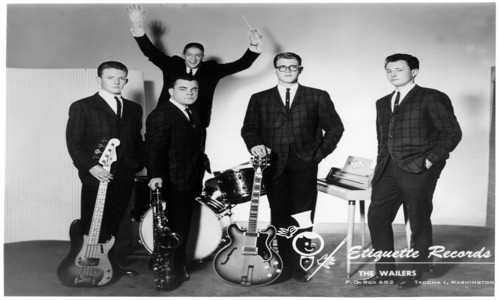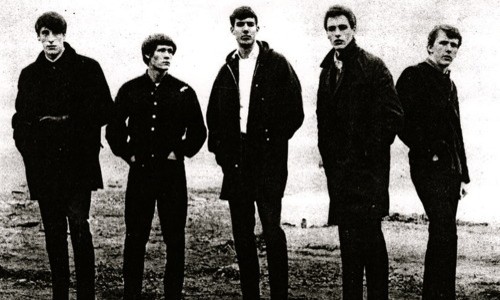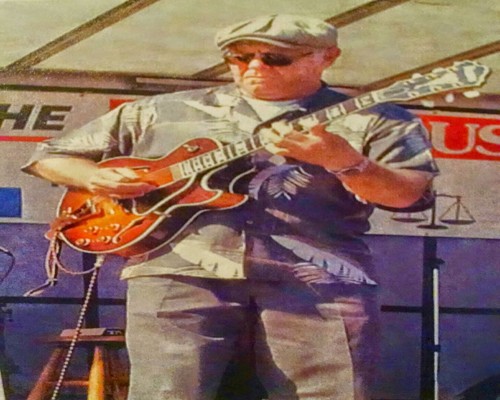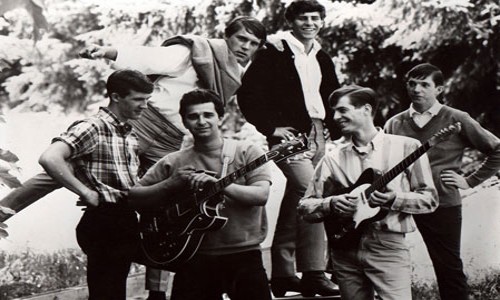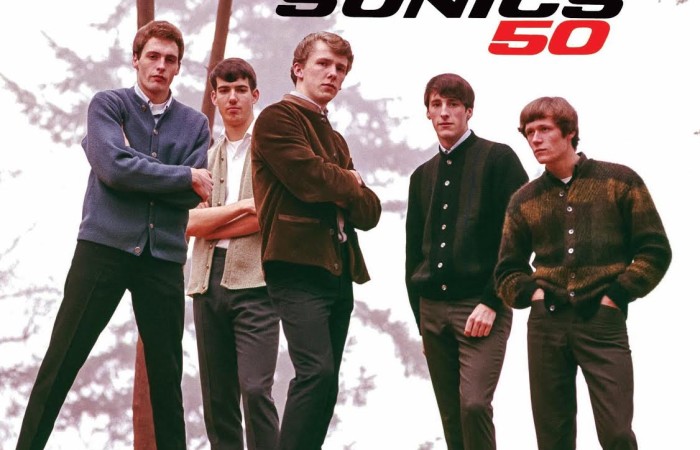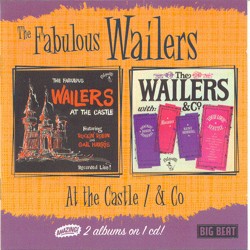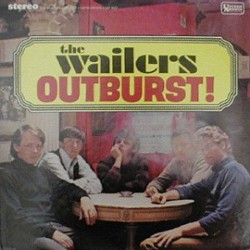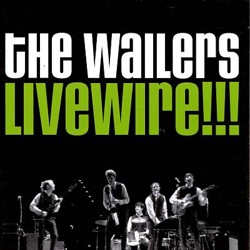Members
John Hanford ~ Guitar, Vocals
Ricky Lynn Johnson ~ Drums, Vocals
John “Buck” Ormsby ~ Bass, Backing Vocals
Neil Rush ~ Saxophone
Alumni
Neil Andersson ~ Guitar
Mike Burk ~ Drums
Rich Dangel ~ Guitar
Kim Eggers ~ Saxophone
Gary Favier ~ Vocals
Ron Gardner ~ Saxophone, Vocals
John Greek ~ Guitar
Gail Harris ~ Vocals
Allen Lynn ~ Drums
Mark Marush ~ Saxophone
Kent Morrill ~ Keyboards, Vocals
Rockin’ Robin Roberts ~ Vocals
Dave Roland ~ Drums, Vocals
Denny Weaver ~ Guitar
Jerry Werner ~ Bass
In late 1958, the group recorded a demo of an instrumental written by Dangel, Morrill and Greek, which found its way to Clark Galehouse of New York based Golden Crest Records. He liked the track and had it re-recorded by the band in Lakewood in February 1959; its title “Tall Cool One” was apparently suggested by Morrill’s mother.Released as a single, it reached # 36 on the Billboard Hot 100 and # 24 on the R&B chart.The band made the cross-country trip to New York to record an LP, The Fabulous Wailers, which was released in December 1959 and featured two vocals by Morrill as well as instrumentals. They also appeared on Dick Clark’s nationally televised American Bandstand, and toured the east coast.[4][8] A second instrumental from their first recording session, “Mau-Mau”, made # 68 on the Billboard pop chart, but their third single, “Wailin'”, failed to make the chart.
The band decided to return to the Northwest, rather than staying in New York as their record label wished, and they were dropped from their contract. Around the same time, they added lead vocalist “Rockin’ Robin” Roberts (Lawrence Fewell Roberts II), a charismatic frontman who had previously been the singer with rival Tacoma band the Bluenotes.
John Greek left the group in acrimonious circumstances, and was replaced by bassist John “Buck” Ormsby (b. Seattle, 1941).Ormsby, Morrill and Roberts then formed Etiquette Records and, in 1961, the label released its first single, a cover version of Richard Berry’s “Louie Louie”.
For contractual reasons the single was credited to Roberts, but was performed by the whole band.[9] Their recording became a local hit and was distributed nationally by Imperial Records, but did not make the national chart. However, its style, with its trademark 1-2-3, 1-2, 1-2-3 riff, inspired other groups from the Seattle area, most notably the Kingsmen of Portland, Oregon, to record the same song.
The Wailers continued to perform locally and, according to Morrill, one of their biggest fans was the young Jimi Hendrix, then starting to perform guitar. The band performed both with and without Roberts, who studied at the University of Washington, the University of Puget Sound, and Oregon State University, eventually achieving a masters degree in biochemistry. They also occasionally featured teenage girl singer Gail Harris, notably on the live album The Fabulous Wailers at the Castle, recorded in 1961, which has been described as “undoubtedly one of the most influential albums in Seattle rock & roll history.” In all, the band recorded and released four albums on their own Etiquette label between 1962 and 1966, as well as a succession of singles.
They also helped instigate the recording career of The Sonics, whose first two albums were issued by the label, and helped begin Jini Dellaccio’s career as a rock’n’roll photographer when they hired her to shoot cover photos for their album Wailers, Wailers, Everywhere.
Mark Marush left The Wailers in 1962 and was replaced by Ron Gardner, who also handled lead vocals; Dangel and Burk left in 1964 and were replaced by guitarist Neil Andersson and drummer Dave Roland respectively. Continuing to perform live as well as recording, the band added a trio of girl backing singers, known as the Marshans.[9] Also in 1964, “Tall Cool One” was re-promoted by the Golden Crest label, and again made the Billboard pop chart, this time peaking at # 38. In 1965 Roberts made his final recordings with the group, and, in 1967, guitarist Neil Andersson was replaced by Denny Weaver. Roberts was killed, aged 27, in a car crash in late 1967.
The band split up in 1969, by which time Kent Morrill was the only remaining original member. Morrill, Dangel and Ormsby, with other musicians, reunited as The Wailers for occasional concerts from the 1970s onwards. In 1979, they joined with Burk, Gardner, and Gail Harris to play a reunion show

